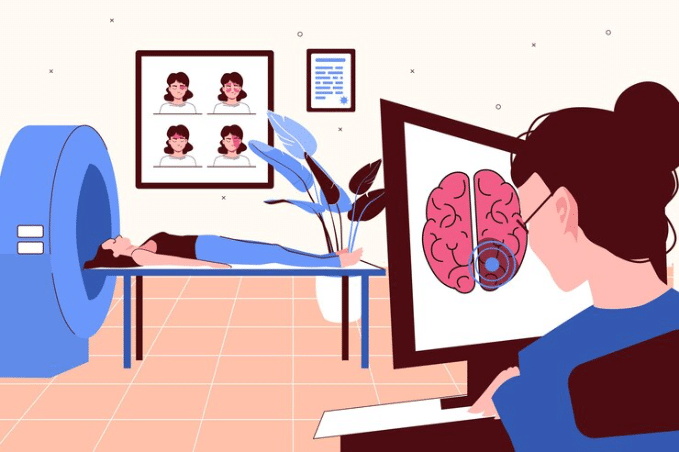Utilizing the Power of Neuro-feedback to Revolutionize Attention Deficit Hyperactivity Disorder Treatment and Enhance Mental Functioning
Wiki Article
Neuro-feedback is an innovative method that is growing interest in the treatment of ADHD. This technique involves using immediate visualizations of brain activity to assist individuals understand how to regulate their brain function. By offering feedback on brain signals, neurofeedback aims to improve focus, attention, and overall cognitive performance. This approach is particularly appealing for those seeking alternatives to conventional pharmaceuticals, as it offers a non-intrusive way to tackle the challenges associated with ADHD.
The process of neurofeedback typically includes applying sensors on the head to assess brain function. These electrodes monitor electrical signals produced by the neural system and send this data to a system. The participant then participates in tasks, such as playing a video game or viewing a movie, that are affected by their brain function. When the brain operates in a preferred way, the activity or film responds favorably, offering instant feedback. This assists patients understand to control their neural waves, promoting improved concentration and lessening hastiness over time.
Studies has shown that neurofeedback can result to significant improvements in indicators of ADHD. Research indicate that individuals who experience neurofeedback training often see improved focus duration, lessened excessive activity, and improved affective control. These benefits can result to better performance in school and at the household, as well as better relationships with peers and relatives. As a result, neurofeedback is emerging a valuable resource for parents and educators seeking efficient strategies to support children with ADHD.

In furthermore to its advantages for ADHD, neurofeedback may also improve cognitive functioning in people without the condition. Many individuals seek neurofeedback to enhance their memory, cognitive skills, and general mental clarity. By teaching the neural system to operate more effectively, participants can gain enhanced efficiency and innovation. This makes neurofeedback an attractive choice not only for those with ADHD but also for those looking to enhance their mental performance in daily life.
While neurofeedback demonstrates promise, it is essential to consider this treatment with realistic anticipations. Results can differ from see page individual to individual, and it may take time to see notable improvements. It is also important to collaborate with certified professionals who can navigate the neurofeedback process effectively. As studies continues to explore the complete potential of neurofeedback, it holds the promise of revolutionizing ADHD management and enhancing cognitive performance for many individuals.